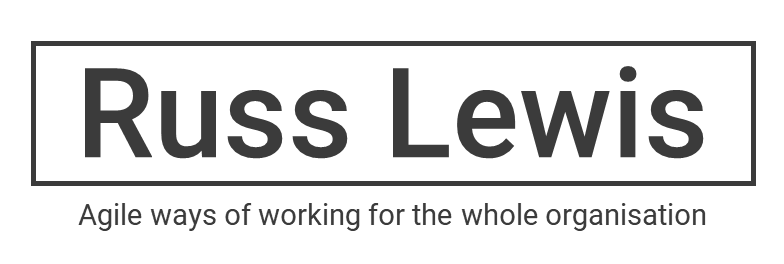This comprehensive one-day training, will provide participants with a deep understanding of how to effectively use Objectives and Key Results (OKRs) to improve performance and execute strategy.
Participants will learn how to set meaningful goals, measure progress, and make data-informed decisions to enhance organisational performance, creating the conditions for business agility.
Effective Objectives are ambitious but achievable goals that the firm, department, or team aims to achieve. They are the WHAT in a headline or the OUTCOMES in a business case. Objectives are supported by a few Key Results, milestones that measure progress toward the objectives. The OKR system is easy to understand, but hard to implement in practice.
OKRs are a powerful tool for leaders and managers
With such power comes the responsibility for creating clarity and not confusion. OKRs must work with leaders' initiatives and managers' ways of working. With clarity, management can deploy OKRs to empower people at every level of the organisation to focus on the activities that matter most. OKRs enable people to direct their attention and resources towards a shared vision, breaking down complex ambitions into actionable steps.
By the end of this OKR training course - OKRs for Business Agility, participants will be able to:
- Develop strategic and actionable OKRs that align with organizational goals.
- Integrate OKRs seamlessly into Scrum practices, fostering collaboration and transparency.
- Measure and assess Key Results effectively using evidence-based methods.
- Apply Evidence-Based Management to drive continuous improvement.
- Make data-informed decisions to enhance business outcomes.
- Navigate challenges and setbacks in OKR and Agile integration with confidence.
The course structure and outcomes can be adjusted to suit the specific needs of participants and the depth of content covered in each session.


